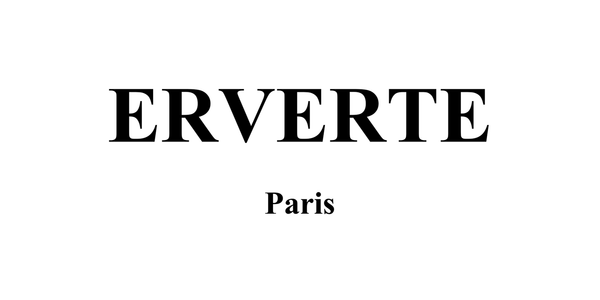
How your wardrobe can contribute to environmental destruction
Share
Textiles is one of the largest and most lucrative industries in the world, producing over 100 billion garments annually. However, it is also one of the most polluting industries, responsible for much environmental damage. Indeed, textiles is the second most polluting industry in the world, just behind oil.
What are the reasons for this massive pollution? First of all, the production of textile fibres consumes a huge amount of water and energy, especially for the cultivation of cotton, which is one of the main fibres used in the production of clothing. In addition, the dyeing and finishing processes for fabrics often use toxic chemicals that pollute the groundwater and rivers near the factories.
Then there is the issue of transport. Clothes are produced in low-labour cost countries such as China, Bangladesh and India and then shipped around the world. Transporting goods by boat, plane or truck has a significant environmental impact, especially in terms of greenhouse gas emissions.
Finally, there is the issue of fast fashion, or disposable fashion. Fast fashion brands produce cheap, short-lived collections that are often worn a few times before being thrown away. This industry encourages over-consumption, which contributes greatly to pollution.
So what can be done to limit the environmental impact of textiles? First of all, it is important to choose brands that use sustainable materials and eco-responsible production methods. In addition, it is important to choose quality over quantity, by buying quality clothes that will last longer. Finally, it is possible to reduce clothing consumption by buying second-hand or renting clothes for special occasions.
In conclusion, textiles are an important industry, but their environmental impact is considerable. It is time to change the way we consume and buy clothes to reduce our impact on the environment.
